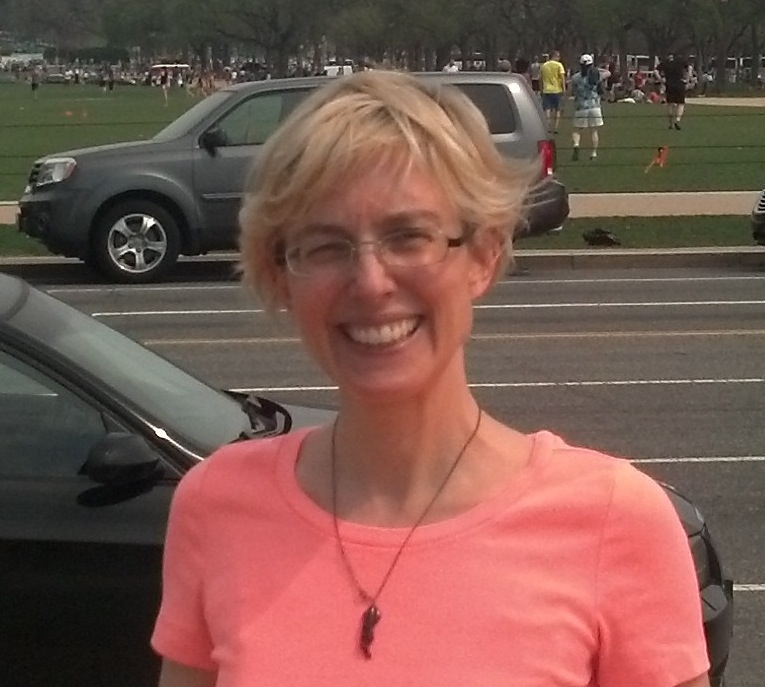Kari Kraus

Research Expertise
Textual and Digital Studies
Kari Kraus is an associate professor in the College of Information Studies and the Department of English. Her research and teaching interests focus on new media and the digital humanities; textual scholarship, print culture, and the history of the book; digital preservation; game studies; transmedia storytelling; and speculative design. She was a local Co-PI on two grants for preserving virtual worlds; the PI on an IMLS Digital Humanities Internship grant; and, with Derek Hansen, the Co-Principal Investigator of an NSF grant to study Alternate Reality Games (ARGs) and transmedia storytelling in the service of education and design. Her latest transmedia work is likewise funded by the NSF. Currently she is Co-PI on “Exploring Invisible Traces in Historic Recordings,” a collaborative project with Min Wu (PI) and Doug Oard funded by an ADVANCE seed grant at UMD. The project applies audio forensics techniques to help recover provenance information about undated recordings.
Kraus has written for the New York Times and the Huffington Post, and her work has been mentioned in the Atlantic, Baltimore Public Radio, the Huffington Post, Gamasutra, Wired, and the Long Now Foundation. She is writing a book about how artists, designers, and humanities researchers think about, model, and design possible futures. A copy of her CV can be found here.
Publications
Bibliocircuitry and the design of the alien everyday
This essay describes, models, and advocates for the role of reflective design in bibliography and textual studies.
Author/Lead: Kari KrausRead More about Bibliocircuitry and the design of the alien everyday
Alternate Reality Games as platforms for practicing 21st-century literacies.
Alternate reality games (ARGs) are a new genre of transmedia practice in which players collaboratively hunt for clues, make sense of disparate information, and solve puzzles to advance an ever-changing narrative that is woven into the fabric of the real w
Author/Lead: Kari KrausRead More about Alternate Reality Games as platforms for practicing 21st-century literacies.

